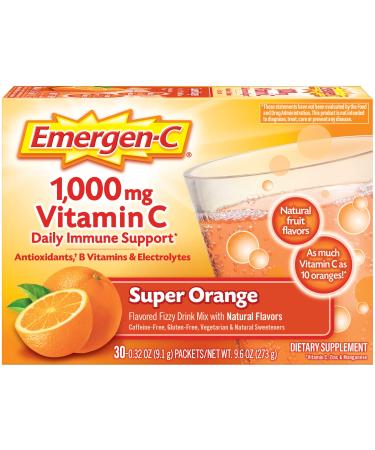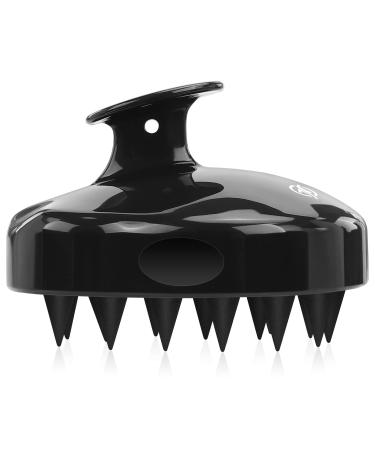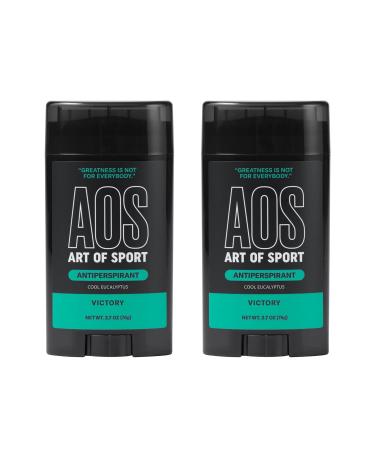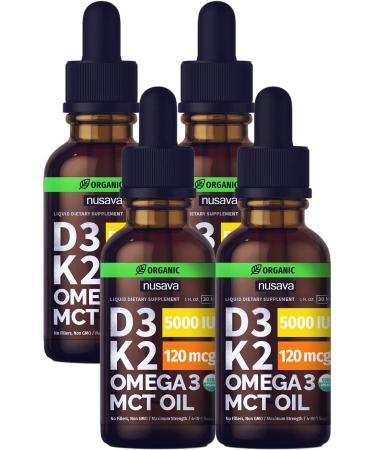WHAT'S IN FISH EGGS
Fish eggs contain all of the bioavailable vitamins and minerals your body needs to support optimal health. This ancestral superfood is especially rich in vitamins A, D, E, K2, zinc, iodine, choline, and phospholipid omega 3's. These essential nutrients all work synergistically with each other in harmony with nature... in harmony with the wisdom of our ancestors.
VITAMIN D —
A single tablespoon of fish roe contains approximately 17,000 IU of Vitamin D! This means that one tablespoon of fish eggs supplies even more Vitamin D than a midday dose of daily sunshine! By some estimates, over 90% of Americans are deficient in this critical nutrient.
VITAMIN K2-MK4 (Activator X) —
Activator X (now known as K2), seemed to be responsible for normal bone formation, overall skeletal health, cognitive function, healthy cavity-free teeth, reproductive capabilities, and protection against arterial calcification. K2 is one of the fat-soluble activators, a super-nutrient that enables our bodies to absorb and utilize all of the minerals from the foods we eat. There are two major forms of Vitamin K2 — MK-4 and MK-7. MK-4 is derived from animal sources, such as fish eggs, pastured chicken eggs, grass-fed dairy (butterfats), meat, and in particular organ meat, such as liver. MK-7 is derived from fermented foods like sauerkraut, hard cheeses, and kefir. Vitamin K2 is an essential ingredient to include in your diet if you're interested in decalcifying your pineal gland. K2 deconstructs calcium phosphate deposits of the pineal gland and ushers the released calcium back into the bones, where it belongs.
VITAMIN A —
Vitamin A (retinol) is one of several fat-soluble activators necessary for the assimilation of minerals in the diet. Its many functions include forming and maintaining healthy teeth, skin, mucous membranes, skeletal and soft tissues. It also plays a role in protein utilization. The majority of nutrition experts insist that humans can transform carotenes from fruits and vegetables to vitamin A. This is only conditionally true and is highly inefficient. Infants, diabetics, and those with poor thyroid function or zinc deficiency (a group that makes up nearly half the US population) don't make the conversion. And as for the rest of us… excessive consumption of alcohol, nonheme iron, polyunsaturated fats, and even cold weather can hinder the conversion of carotenes to vitamin A.
CHOLINE —
Plays a key role in lipid transport, cell membrane structural support, and neurotransmission. Choline is especially important for parents planning to conceive, pregnant/lactating women, and young children, as it plays a crucial role in placental development and exponential fetal organ growth. Choline supports tooth development, as well as brain development, and significantly decreases the chances of cognitive dysfunction.
ZINC —
An essential trace mineral (or, "helper molecule") that plays a vital role in delivering Vitamin A from the liver to other soft tissues throughout the body. Zinc, like many other nutrients, is best absorbed from animal food sources, and it is particularly essential for reproductive health of men and women. Consuming adequate amounts of zinc improves men's health, while pregnant women with higher levels of zinc are able to better moderate stress and are less likely to suffer from symptoms of depression. Zinc has been shown to support proper fetal development, cognitive health, and improve immunity.
IODINE —
An essential trace mineral exclusively sourced from marine life or grown in iodine-rich soil. Other foods high in iodine are either directly fortified or are sourced from animals that are fed supplemental iodine. Iodine is an essential component of the thyroid hormones T3 and T4. These hormones regulate the metabolic activities of most cells, blood pressure, heart rate and body temperature. Iodine plays a vital role in our immune system, detoxification pathways and also supports the process of early growth and development of most organs, especially the brain. As it relates to iodine supplemental drops, I'd steer clear. Our ancestors would have never had access to such concentrations of iodine and the long term effects of concentrated iodine can be toxic. I suggest getting Iodine from whole food sources, such as wild caught fish eggs, wild caught lean fish (such as cod), and seaweed.
GLYCOSAMINOGLYCANS (GAGs) —
Also referred to as the "glue of life". GAGs play a vital role in the health of cartilage, tendons, skin and connective tissue. As we age, we lose precious GAGs and our cartilage becomes drier, thinner and more brittle. The GAGs found in our Wild Caught Fish Eggs help us to regain the elasticity within our connective tissue and maintain supple, healthy joints.
PHOSPHOLIPID OMEGA 3: DHA, EPA, & ETA —
Wild caught fish eggs contain omega 3s (DHA, EPA, & ETA) in the form of phospholipids. Phospholipids are the most effective carriers to deliver these fatty acids into our cells. The phospholipid complex and omega 3 fatty acids function in perfect biochemical harmony to allow the fatty acid molecules to pass directly through cell membranes, including the intestinal wall and the blood brain barrier. Phospholipids provide the nutritional building blocks for cell membranes, regulate cellular transport by functioning as "gate-keepers" and help protect cell membranes from free radicals. Omega 3 fatty acids are found in every cell of your body and help regulate biological functions, including those of the cardiovascular, reproductive, immune, and nervous systems. They have unique structural properties that provide optimal conditions for a wide range of cell membrane functions. These essential fats are anti-inflammatory by nature and replenish the moisture in our cartilage, which eases discomfort and promotes joint mobility.



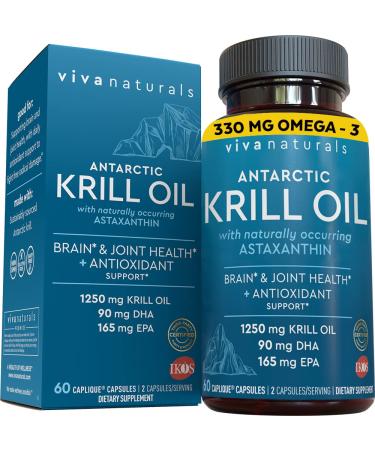
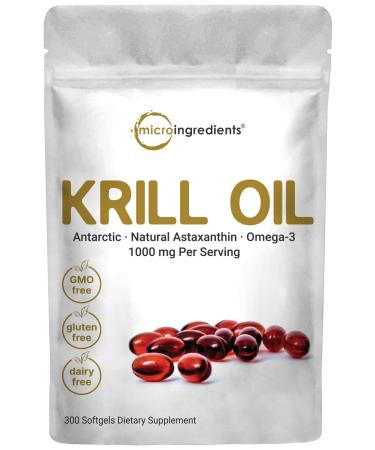
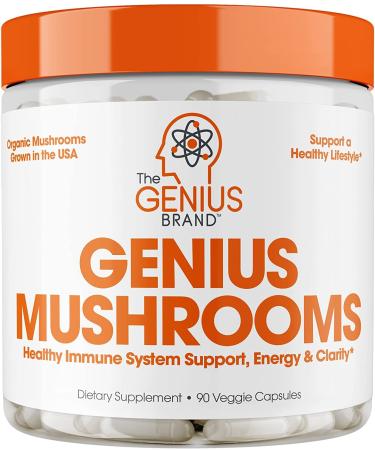

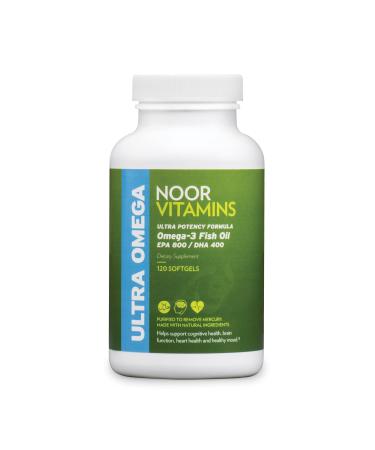





![Stewart Freeze Dried Dog Treats Made in USA [Single Ingredient Puppy and Dog Training Treats - Grain Free Natural Dog Treats] Resealable Tub to Preserve Freshness - Buy Online on GoSupps.com](https://www.gosupps.com/media/catalog/product/cache/25/small_image/375x450/9df78eab33525d08d6e5fb8d27136e95/6/1/61gwbbixarl._ac_sl1500_.jpg)
